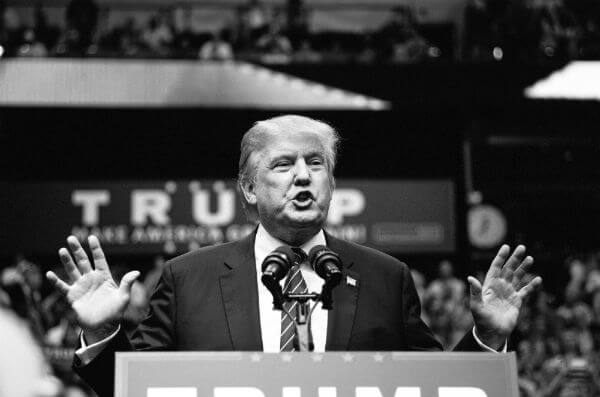
Anne Applebaum writes: They share ideas and ideology, friends and funders. They cross borders to appear at one another’s rallies. They have deep contacts in Russia — they often use Russian disinformation — as well as friends in other authoritarian states. They despise the West and seek to undermine Western institutions. They think of themselves as a revolutionary avant-garde just like, once upon a time, the Communist International, or Comintern, the Soviet-backed organization that linked communist parties around Europe and the world. Now, of course, they are not Soviet-backed, and they are not communist. But this loose group of parties and politicians — Austria’s Freedom Party, the Dutch Party for Freedom, the UK Independence Party, Hungary’s Fidesz, Poland’s Law and Justice, Donald Trump — have made themselves into a global movement of “anti-globalists.” Meet the “Populist International”: Whoever wins the U.S. election Tuesday, its influence is here to stay.
Although it is often described (by me and others searching for a shorthand) as “far-right,” the Populist International has little to do with the “right” that has thrived in Western countries since World War II. Continental European Christian Democracy arose out of a postwar desire to bring morality back to politics; Gaullism came out of a long French tradition of statism and secularism; Anglo-Saxon conservatives had a historic preference for free markets. Most of them shared a Burkean small-“c” conservatism: a dislike of radical change, skepticism of “progress,” a belief in the importance of conserving institutions and values. Most of them emerged out of particular local and historical traditions. All of them shared a devotion to representative democracy, religious tolerance, Western integration and the Western alliance.
By contrast, the parties that belong to the Populist International, and the media that support it, are not Burkean. They don’t want to conserve or preserve what exists. Instead, they want to radically overthrow the institutions of the present to bring back things that existed in the past — or that they believe existed in the past — by force. Their language takes different forms in different countries, but their revolutionary projects often include the expulsion of immigrants, or at least the return to all-white (or all-Dutch, or all-German) societies; the resurrection of protectionism; the reversal of women’s or minorities’ rights; the end of international institutions and cooperation of all kinds. They advocate violence: In 2014, Trump said that “you’ll have to have riots to go back to where we used to be, when America was great.” [Continue reading…]

